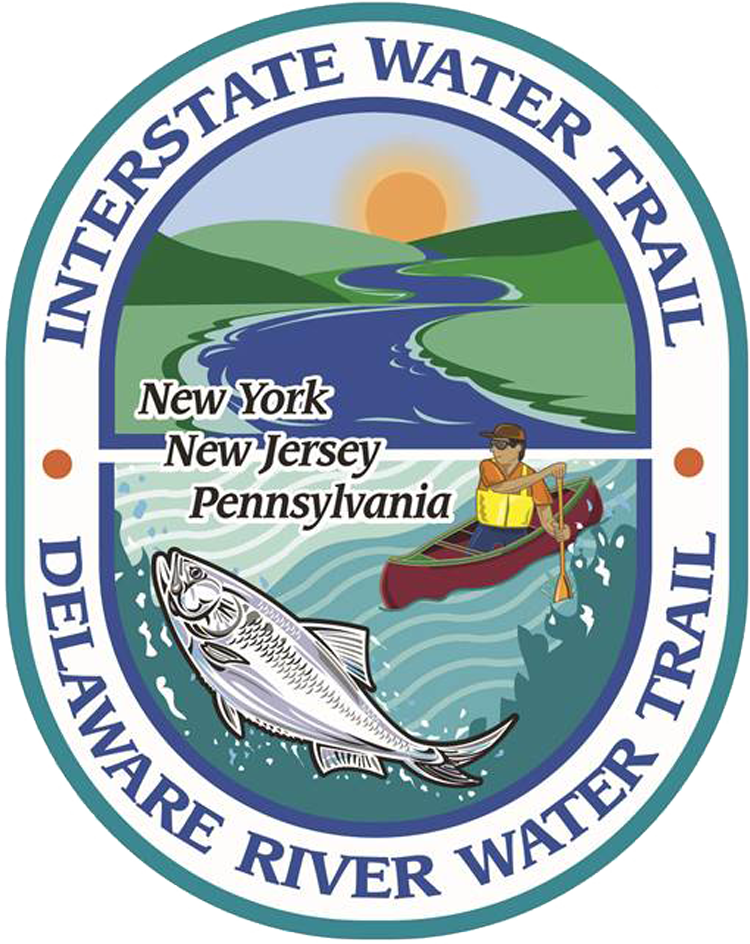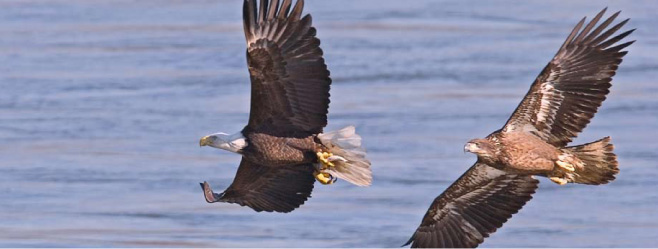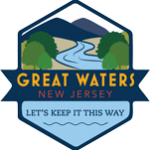Sharing The River
The Delaware River attracts many different types of recreational users, including canoeists and kayakers, motor boaters, jet skiers, sight-seers, swimmers and tubers. It is important that all recreational users understand and abide by a few simple guidelines for on-the-water conduct.
The basic principles for river etiquette are:
Know The Boundaries Of Public And Private Lands.
Respect public, as well as private property — use “Leave No Trace” principles. “Leave No Trace” is a nationally recognized outdoor skills and ethics awareness program.
Understand The River Before Setting Out On An Unfamiliar Section.
Follow state-specific boating regulations, and safety guidelines so as not to endanger other river users or yourself.
Be Courteous And Respectful Of Other River Users.
Respect their SPACE, PRIVACY, and SOLITUDE while on the river, in camp, on hikes, and at boat ramps. Respect anglers’ water — boaters should look ahead for anglers, both on the shore and in the water, and give them a wide berth, passing by quietly.
Much of the Delaware River has a National Wild & Scenic Rivers designation. Almost all of the shoreline along the Upper and Lower sections of the Delaware River and many of the islands are privately owned, although not always posted as such. Please be considerate of the privacy and rights of landowners and do not enter private land unless you have prior permission from the property owner.
If you plan to camp overnight, plan ahead. Reservations may be necessary for both public and privately-owned campgrounds. Courtesy is of utmost importance. Noise carries across the water much louder than on land.
“Take Only Pictures. Leave Only Footprints.”
Always collect your trash before you depart from a stop, even biodegradable items such as apple cores and orange peels. Trash bags should always be part of your gear. Make it a habit to pick up an extra bit of litter on each river trip. Individual actions will lead to a cleaner river and shoreline.


